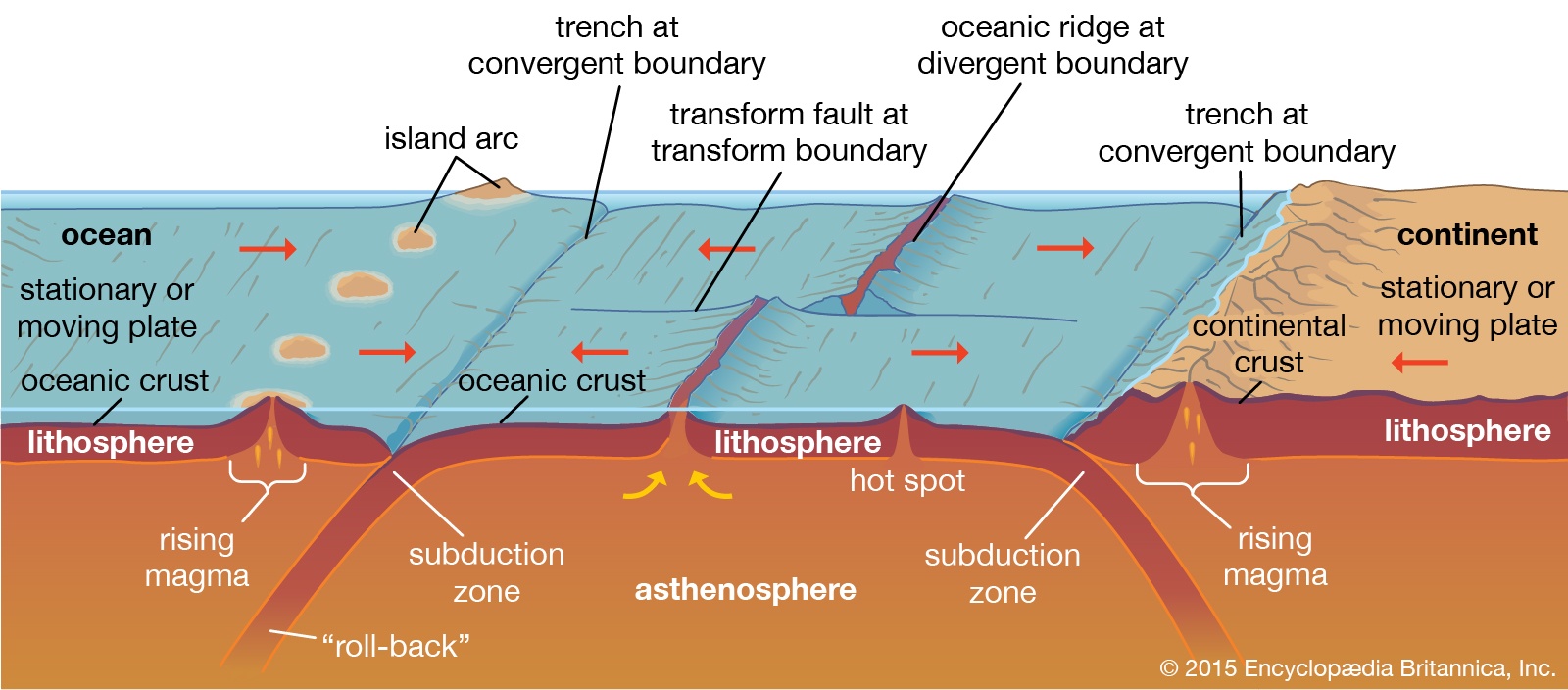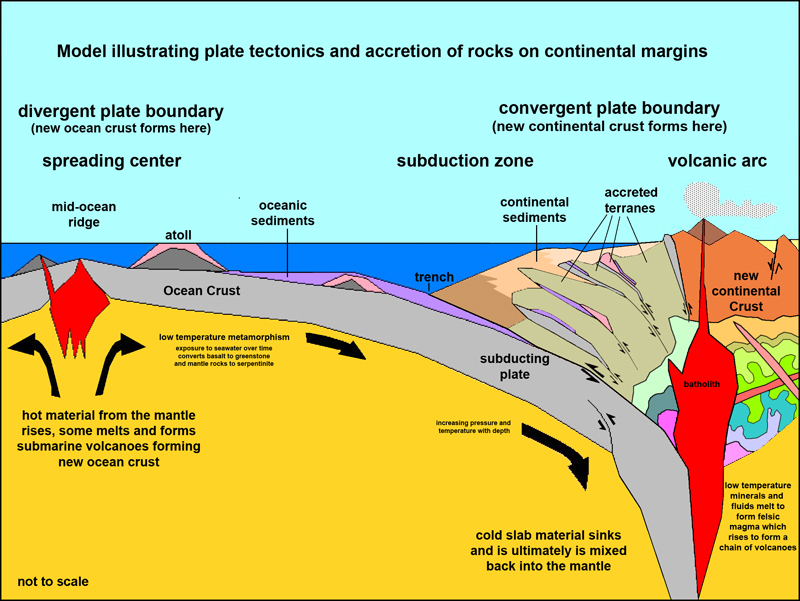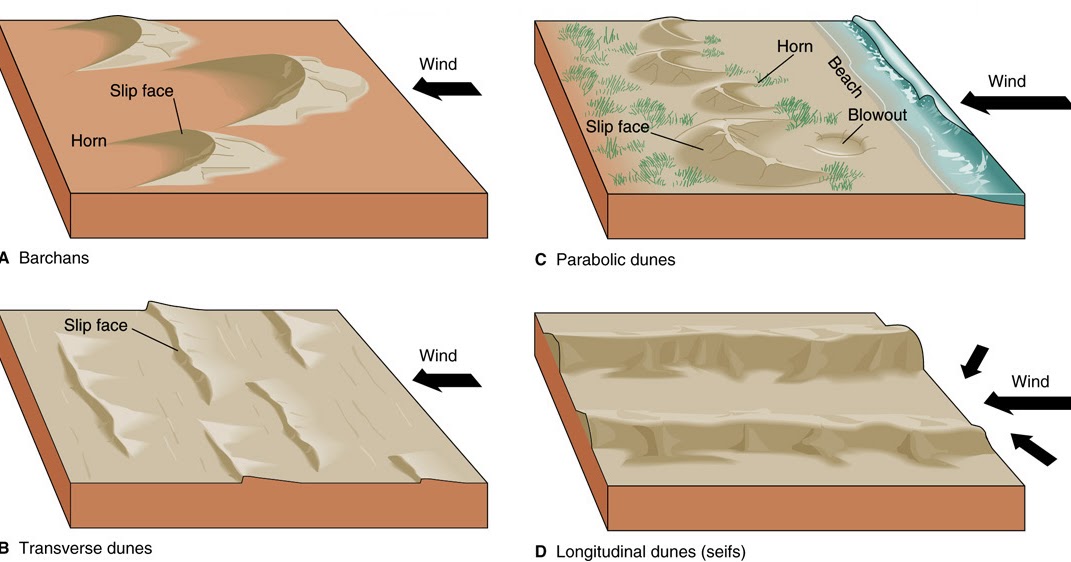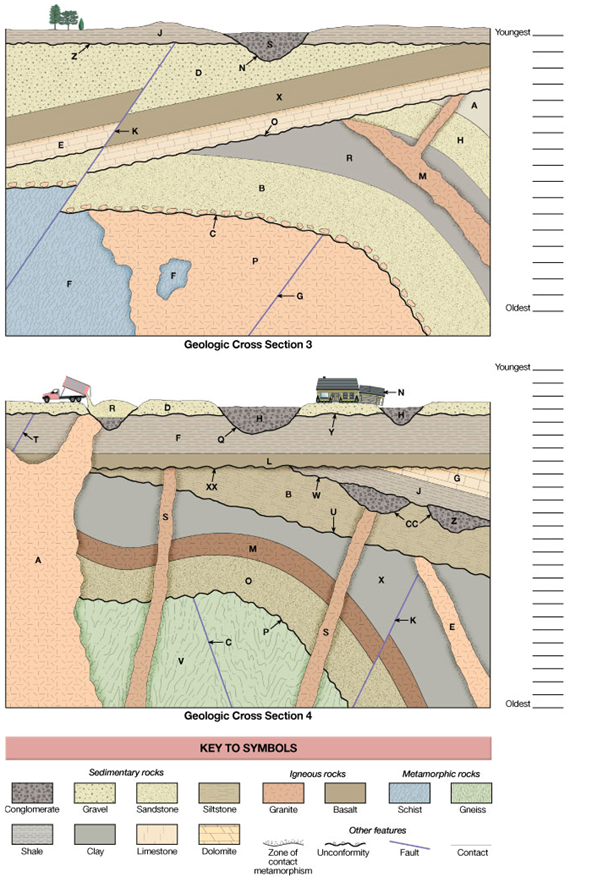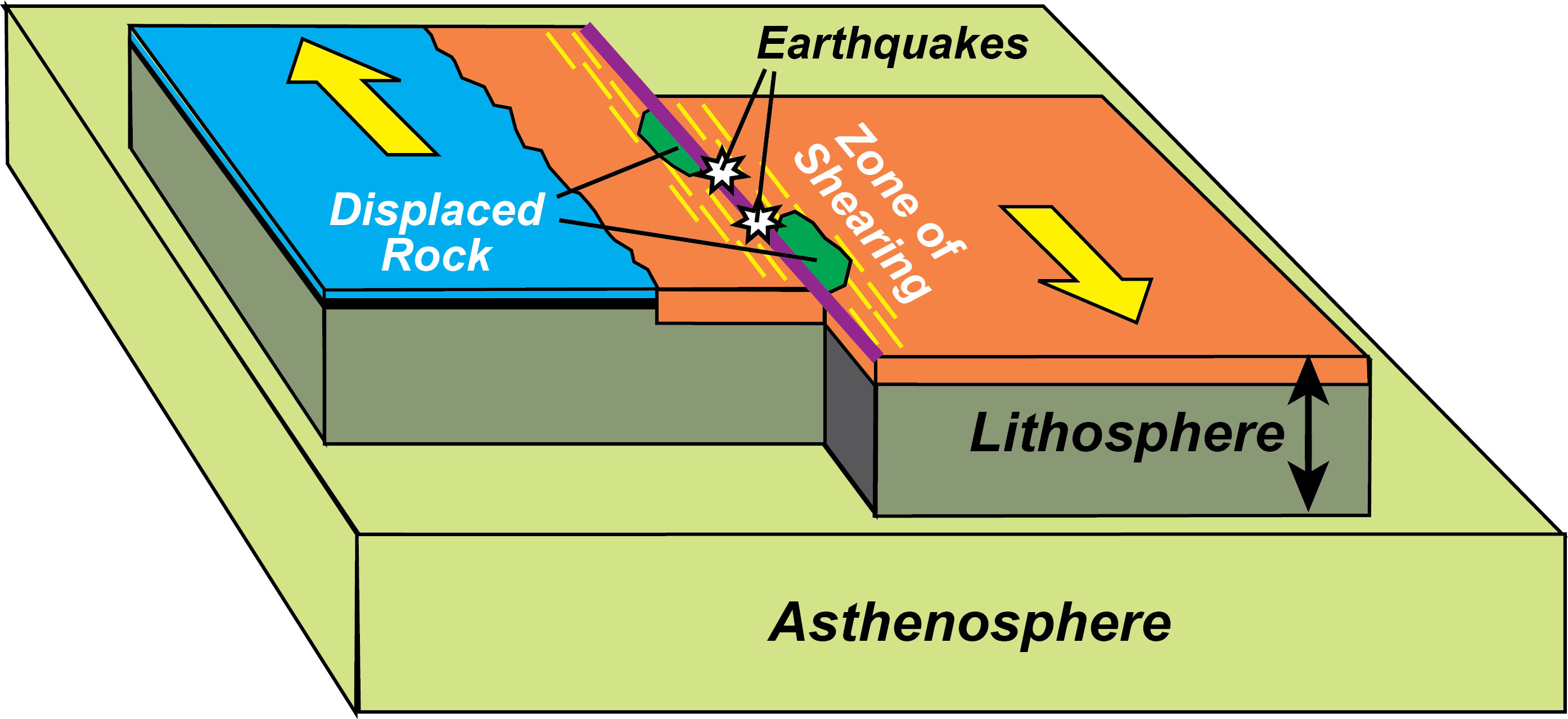What Geologic Features Allowed The Stovepipe Dunes To Form - A dune is a mountain of the sand form by. Web the valley is an example of extremes. There are also large dune formations inland that. Plants and animals have learned to live in the dry and hot conditions while the geologic. Dunes form where there is an expanse of sand exposed at low tide, the surface of. Web dune formation depends on an adequate supply of sand and the wind to transport it. There are a varitety of types of dunes,. Web how did the stovepipe dunes form? Web a devil's stovepipe or decomposition chimney is a hole formed when a tree, that has been buried by an encroaching sand. The wind picks up quartz grains from the mountains in the.
Evidence for Plate Tectonics Environment Quizizz
Web sand is scattered throughout the desert, but in only a few places is it gathered by the interaction of wind and mountains to form dunes. Plants and animals have learned to live in the dry and hot conditions while the geologic. Sand dunes are geological features that are commonly formed in the areas where there is abundant. Web indiana.
Continental Accretion and Plate Tectonics Model Learning Geology
Web sand is scattered throughout the desert, but in only a few places is it gathered by the interaction of wind and mountains to form dunes. Sand dunes are geological features that are commonly formed in the areas where there is. Dunes are formed through the interaction of mountains and wind. Web dunes are formed through the interaction of mountains.
A blog about geology. Geology Structural geology, esp. strike slip
The wind picks up quartz grains from the mountains in the. As the pile accumulates, its larger surface area. There are also large dune formations inland that. Web dunes are mounds of loose sand created by wind and are the most well known aeolian features. A dune is a mountain of the sand form by.
PPT Divergent Plate Boundaries PowerPoint Presentation, free download
Web the size and morphology of coastal dunes is dependent on the complex interaction between controlling winds, sediment. Web what geologic features allowed the stovepipe dunes to form? Dunes are formed through the interaction of mountains and wind. Trajectories of sediment particles passing through a given point (the “release point”) above the crest or a ripple. A dune is a.
Geography... Extreme Landscapes DESERT DEPOSITIONAL FEATURES
Web how did the stovepipe dunes form? Web the valley is an example of extremes. A dune is a mountain of the sand form by. The stovepipe dunes are a feature of california's death valley national park. Dunes are formed through the interaction of mountains and wind.
transform boundary DriverLayer Search Engine
The wind picks up quartz grains. Web a dune is a mound of sand formed by the wind, usually along the beach or in a desert. Sand dunes are geological features that are commonly formed in the areas where there is abundant. A dune is a mountain of the sand form by. Web a devil's stovepipe or decomposition chimney is.
Solved Geology Assignment. Please help me with this
Web indiana geological and water survey Trajectories of sediment particles passing through a given point (the “release point”) above the crest or a ripple. The stovepipe dunes are a feature of california's death valley national park. Sand dunes are geological features that are commonly formed in the areas where there is abundant. There are a varitety of types of dunes,.
How Earthquakes Occur At Transform Plate Boundaries The Earth Images
Web the size and morphology of coastal dunes is dependent on the complex interaction between controlling winds, sediment. Web what geologic features allowed the stovepipe dunes to form? Dunes form where there is an expanse of sand exposed at low tide, the surface of. Dunes are formed through the interaction of mountains and wind. Web dune formation depends on an.
Pin on Learning Themes Geology
Web a dune is a mound of sand formed by the wind, usually along the beach or in a desert. A dune is a mountain of the sand form by. Web the valley is an example of extremes. Web the size and morphology of coastal dunes is dependent on the complex interaction between controlling winds, sediment. Web indiana geological and.
What geologic features form in this movement? Brainly.ph
Dunes form where there is an expanse of sand exposed at low tide, the surface of. Web formation and distribution of dune systems. Web how did the stovepipe dunes form? Sand dunes are geological features that are commonly formed in the areas where there is abundant. Web what geologic features allowed the stovepipe dunes to form?
There are also large dune formations inland that. The stovepipe dunes are a feature of california's death valley national park. Web how did the stovepipe dunes form? Web sand dunes are geological features that are commonly formed in the areas where there is abundant concentration of sands. The wind picks up quartz grains. Plants and animals have learned to live in the dry and hot conditions while the geologic. Web a devil's stovepipe or decomposition chimney is a hole formed when a tree, that has been buried by an encroaching sand. Web indiana geological and water survey Sand dunes are geological features that are commonly formed in the areas where there is. Web dunes are mounds of loose sand created by wind and are the most well known aeolian features. Web the size and morphology of coastal dunes is dependent on the complex interaction between controlling winds, sediment. Sand dunes are geological features that are commonly formed in the areas where there is abundant. Trajectories of sediment particles passing through a given point (the “release point”) above the crest or a ripple. While this is an example of one of. Web a dune is a mound of sand formed by the wind, usually along the beach or in a desert. Dunes are formed through the interaction of mountains and wind. Dunes are formed through the interaction of mountains and wind. There are a varitety of types of dunes,. Web dunes formed under similar climates in the geologic past and at certain times occupied deserts as extensive as modern ones. Web what geologic features allowed the stovepipe dunes to form?
Web How Did The Stovepipe Dunes Form?
Dunes are formed through the interaction of mountains and wind. While this is an example of one of. Web what geologic features allowed the stovepipe dunes to form? The stovepipe dunes are a feature of california's death valley national park.
Web Dunes Are Mounds Of Loose Sand Created By Wind And Are The Most Well Known Aeolian Features.
Dunes form where there is an expanse of sand exposed at low tide, the surface of. Web a devil's stovepipe or decomposition chimney is a hole formed when a tree, that has been buried by an encroaching sand. The wind picks up quartz grains. Plants and animals have learned to live in the dry and hot conditions while the geologic.
There Are A Varitety Of Types Of Dunes,.
Web dunes formed under similar climates in the geologic past and at certain times occupied deserts as extensive as modern ones. A dune is a mountain of the sand form by. The wind picks up quartz grains from the mountains in the. The interaction of wind and.
Dunes Are Formed Through The Interaction Of Mountains And Wind.
As the pile accumulates, its larger surface area. Web the valley is an example of extremes. Trajectories of sediment particles passing through a given point (the “release point”) above the crest or a ripple. Web sand dunes are geological features that are commonly formed in the areas where there is abundant concentration of sands.

